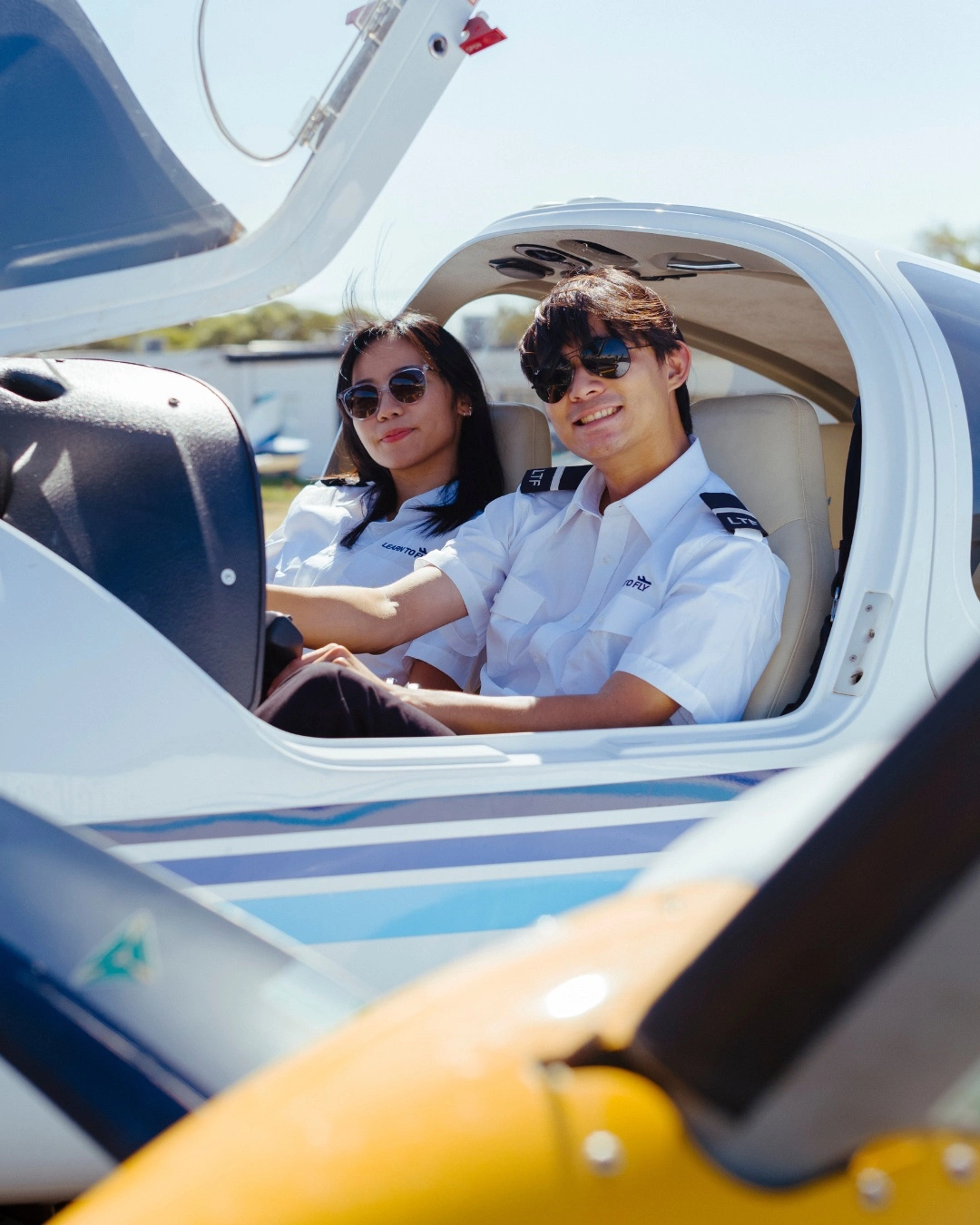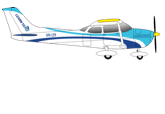
April 11, 2024
Building Confidence and Overcoming Challenges at Flight School
Flight school is an exhilarating journey filled with growth opportunities, yet it also presents its fair share of mental and emotional challenges. Aspiring pilots often find themselves grappling with self-doubt, anxiety, and the pressure to perform. However, by understanding and addressing these challenges head-on, pilots can cultivate confidence and resilience to navigate their training journey successfully.
Understanding Mental and Emotional Challenges:
Understanding mental and emotional challenges in flight training is vital for cultivating competent and resilient pilots. Pilots-in-training face psychological obstacles, including self-doubt, fear of failure, and performance anxiety, which can impede their progress. In the intense environment of flying school in Hong Kong, where the responsibility of operating an aircraft becomes significant, these challenges are magnified.
Acknowledging these barriers is the first step toward overcoming them. Techniques such as stress management strategies, mindfulness exercises, and cognitive-behavioural interventions can help aspiring pilots develop resilience and cope with pressure effectively.
A culture of open communication and peer support within flight training communities can normalise discussions around mental health and reduce stigma. Encouraging students to share their experiences and seek assistance promotes a supportive learning environment conducive to personal growth.
Practical Strategies for Building Confidence as an Aspiring Pilot
Addressing mental and emotional challenges in flight training enhances pilot well-being and contributes to safer skies. Pilots equipped with tools to manage stress and maintain emotional stability are better prepared to make sound decisions, handle emergencies, and ensure the safety of themselves and their passengers. Below are practical strategies for aspiring pilots to help build confidence:
Set realistic goals
Establishing clear and achievable goals is essential for maintaining focus and motivation throughout flight training. Break down larger objectives into smaller, manageable tasks, allowing you to track progress and celebrate milestones. Whether it is mastering a specific manoeuvre or completing a solo flight, each accomplishment brings you one step closer to your ultimate goal of becoming a pilot.
Embrace failure as a learning opportunity
Mistakes are inevitable and serve as valuable learning experiences. Instead of viewing failures as setbacks, reframing them as opportunities for growth can help shift your mindset towards continuous improvement. Analyse what went wrong, identify areas for improvement, reach out to instructors to help learn what went wrong and how to succeed next time and approach each challenge with a sense of curiosity and resilience.
Practice visualisation techniques
Visualisation is a powerful tool to mentally rehearse success and is used by athletes, performers, and pilots alike. Take time to visualise yourself performing flight manoeuvres with precision and confidence, imagining every detail from take-off to landing. By repeatedly visualising success, you can build confidence, reduce anxiety, and enhance performance in the cockpit.
Seek support from peers and instructors
Flight training can be a solitary endeavour, but it’s essential to cultivate a support network of fellow students, instructors, and mentors. Surround yourself with individuals who understand the challenges of flight training and can offer encouragement, guidance, and perspective during difficult moments. Whether it’s sharing experiences, seeking advice, or simply lending an empathetic ear, the support of others can make all the difference.
Manage stress through relaxation techniques
Flight training can be inherently stressful, but incorporating relaxation techniques into your routine can help mitigate anxiety and improve overall well-being. Experiment with techniques such as deep breathing, mindfulness meditation, or progressive muscle relaxation to calm your mind and body before, during, and after flight lessons. You can enhance focus, decision-making, and performance in the cockpit by managing stress effectively.
Cultivate resilience
Resilience is the ability to bounce back from setbacks and adversity, and it’s a quality that’s indispensable in aviation. Recognise that setbacks are temporary and setbacks are an inevitable part of the learning process. Instead of dwelling on failures, focus on your strengths, learn from your experiences, and approach challenges with determination and perseverance.
Maintain a healthy work-life balance
Flight training demands significant time and energy, but it’s essential to prioritise self-care and maintain a healthy work-life balance. Schedule regular breaks, engage in activities outside of aviation, and nurture relationships with friends and family. You’ll be better equipped to handle the demands of flight training and perform at your best by taking care of your physical, mental, and emotional well-being.
Celebrate your progress
Don’t forget to celebrate your achievements along the way. Whether it’s passing a milestone, mastering a challenging manoeuvre, earning your private pilot license or a bachelor of aviation in Australia, take time to acknowledge and celebrate your progress. Recognising your accomplishments boosts your confidence and serves as a reminder of how far you’ve come on your journey towards becoming a pilot.
Flight training is as much a mental and emotional journey as a technical one. By understanding the challenges you may face and implementing strategies to overcome them, you can build the confidence and resilience to achieve your aviation goals. Remember that every successful pilot has encountered obstacles along the way – it’s how you respond to them that sets you apart. With determination, perseverance, and a positive mindset, you can conquer self-doubt, manage anxieties, and navigate flight training.








